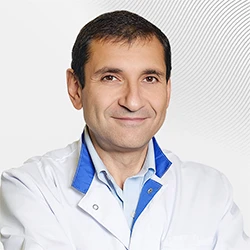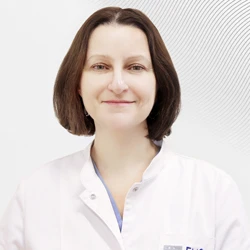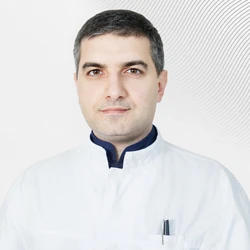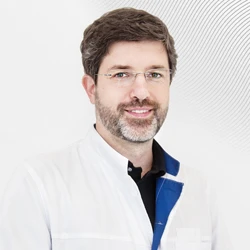On December 14, Moscow Mayor Sergei Sobyanin announced at a meeting of the Moscow Government that he had been appointed the new head of the capital's health department. Leonid Pechatnikov.
Leonid Mikhailovich Pechatnikov — President and Chief Physician of the European Medical Center, MD, Professor, Honored Doctor of the Russian Federation, member of the IOC Medical Commission and Director of the Department of Medical Support and Doping Control of the Organizing Committee of the XXII Olympic and XI Paralympic Games in Sochi 2014.
Graduated from the First Moscow Medical Institute in 1979. Sechenov University, where he completed his residency in internal Medicine in 1981.
From 1981 to 1987 he worked as an associate professor at the Military Medical Faculty at the Central Medical Institute.
Until 1994, he worked as Chief Internist at the Central Republican Clinical Hospital of the Ministry of Health of the RSFSR, and from 1994 to 2001 he served as Chief Internist at the Medical and Diagnostic Association of the Ministry of Health of the Russian Federation, from where he moved to GKB No. 67 in Moscow, where He was the Chief Therapist until 2004.
In 2004, he started working at the European Medical Center as the Chief Physician.
Leonid Pechatnikov was engaged in teaching — he taught a number of courses at the Russian State Medical University, Leonardo da Vinci University (Paris, France), the Moscow Institute of Physics and Technology, where he was one of the founders of the Department of Mathematical Modeling in Healthcare and Medicine at the Faculty of Applied Mathematics. He was awarded the medal "Defender of Free Russia".
The mayor instructed the new head to primarily deal with tenders for the purchase of medicines and programs for the modernization of healthcare. Special emphasis will be placed on the development of pediatric medicine.
Was this information helpful?
Questions and answers
LASIK
Whether LASIK fits everyone?
The main age group for this operation are patients over 18 years with myopia, hyperopia and astigmatism. There are number contraindications for LASIC such as some chronic diseases, including eye diseases.

Elias Raid
08 September 2016
Sudden rises of blood pressure
How to stabilize sudden rises of blood pressure, accompanied by nausea and vomiting in a patient with chronic hypertension (it is not always clear what comes first - nausea and vomiting and, as a consequence, the blood pressure increase, or Vice versa).
An adjustment of appropriate permanent antihypertensive therapy is required for blood pressure to be stabilized. It is best to schedule a consultation with the cardiologist and undergo heart ultrasound, 24-hour blood pressure monitoring and ECG. You can make an appointment by phone +7 (495) 933-66-55. Specialists of
the Cardiology Department will be happy to help you.
...more
Extrasystoles
Extrasystoles appeared on my husband’s ECG following smoking cessation. He has a serious intension to undergo a thorough examination. What kind on up-to-date methods are used in your clinic?
EMS offers the most up-to-date methods of examination for your husband to clarify the nature of arrhythmias. ECHO-cardiography, 24 hour Holter monitoring ECG, loading tests, and, if needed, 24-hour blood pressure monitoring as well as all laboratory tests are available at EMC’s cardiology department. There is an
option to undergo a comprehensive examination under the program "Health Status after 40", which includes specialists' consultations, diagnostic laboratory and instrumental tests. We will be happy to help you. You can make an appointment by phone +7 (495) 933-66-55.
...more 
Dyagileva Mariya
08 September 2016
How soon another attempt is possible?
Twin pregnancy resulted from IVF, but cervical dilatation occurred and water broke at 20 weeks, so the pregnancy was not maintained. How soon another attempt is possible?
At least a year interval between childbirth and repeated IVF program is required. It is advisable to be prepared and to make every effort to get a singleton pregnancy.
Рolyp of the cervical canal
Hysteroscopy revealed a polyp of the cervical canal, it was removed, but there are plenty of micropolips. May I do IVF or they should be treated?
Usually, all polyps are removed at therapeutic and diagnostic hysteroscopy. It makes no sense to leave them in the uterus cavity. I think that if manipulation such as "Hysteroscopy with separate diagnostic curettage" was done, you have no polyps now and may safely prepare for IVF.





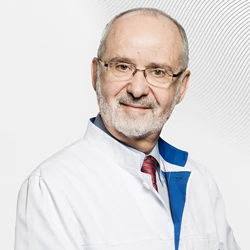
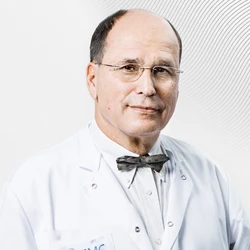
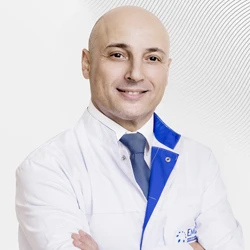

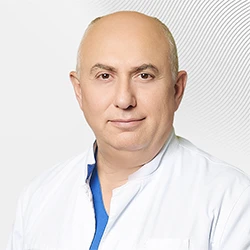
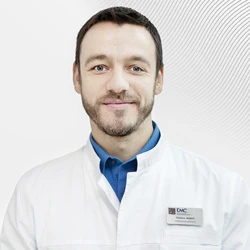
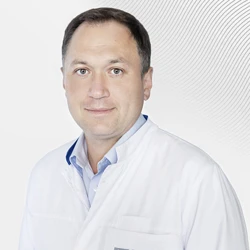
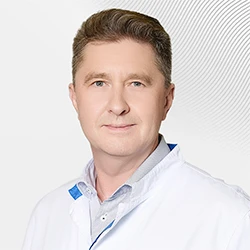

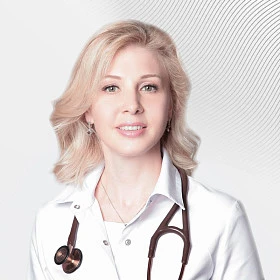
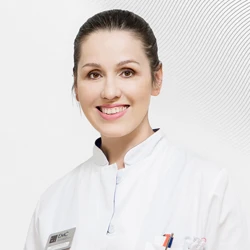
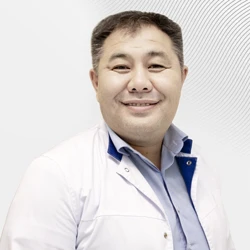
.webp)
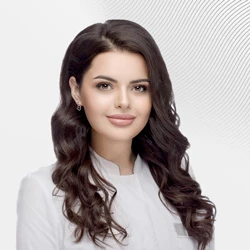
.webp)
